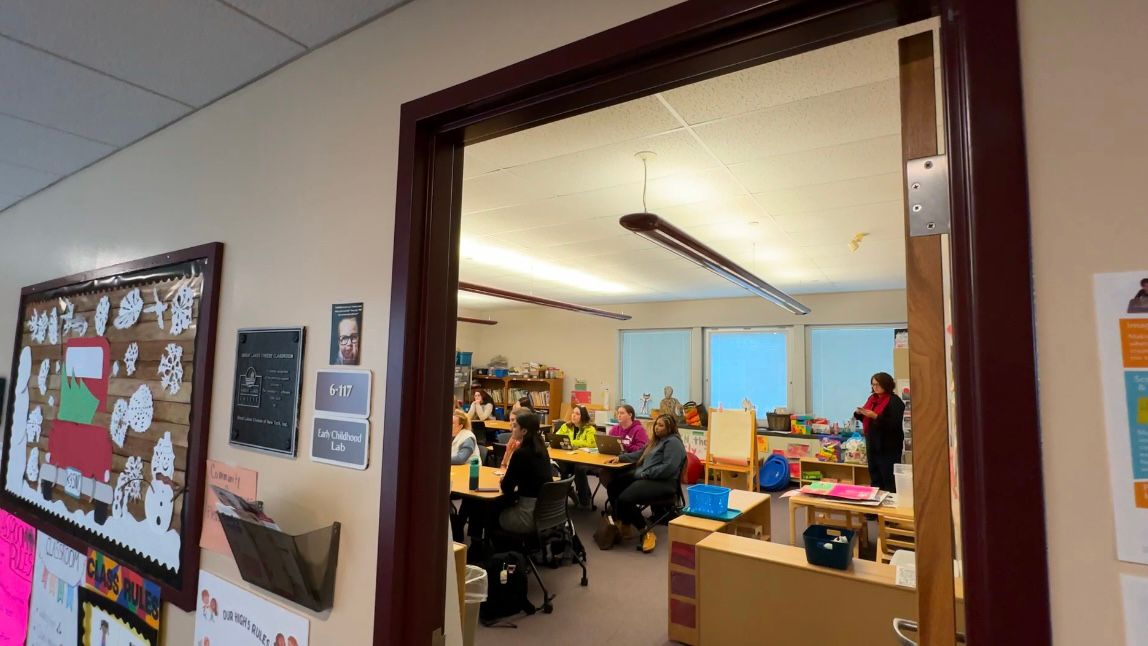With homeschooling on the rise in New York, a psychologist says the decision may come down to the individual child.
“I think that it's an individual decision for families. I think it's individual to each child and what their individual needs are. I think that if parents don't do enough of the things to counteract the fact that kids are spending a large majority of their time at home, that it could cause issues," said Dr. Monique Winnett a licensed clinical psychologist at St. Joseph’s Health in Syracuse..
But Winnett said kids who are homeschooled can get involved in activities and socialize with others in their age group.
“The ultimate goal, typically when I'm seeing kids that are doing homeschooling, is to get them through their education and out, eventually having careers. And a big part of that is those social skills that we develop by interacting with other people. It's one of those things that I think is hard to just teach. We need to be out there having those interactions and socializing with other people in order to gain that additional skill set," said Winnett.
Homeschooling advocate Mary Simmons said there are lots of opportunities for homeschooled kids to socialize, and how much they socialize can be custom fit when they’re homeschooled.
“My daughter's an introvert, so she tends to maybe stay home more than her brother does at times, but she does go out and socialize. She goes ice skating; she does the field trips. There are a couple local dances coming up in homeschool circles, and she's part of the Port City Royals. And she played volleyball this last year. And her and her brother are supposed to be playing this next spring," Simmons said.
When it comes to behavioral concerns, it’s not necessarily “one size fits all.” Sometimes, it might be better for a child to learn at home, sometimes it’s not, Winnett said.
Winnett said learning in a public school setting is a way for kids to interact with peers and learn to take instruction from others in a relatively structured way.
“Children that struggle with anxiety disorders sometimes feel much more comfortable being at home than being in a school setting. But what we know is that when we're anxious and we avoid the things that make us anxious, it actually perpetuates that anxiety and tends to make it worse and become a more chronic problem. So that would be an example where supporting the child in maybe a smaller classroom setting or a really supportive school environment might actually be healthier for them," said Winnett.





%20Cropped?wid=320&hei=180&$wide-bg$)


)

